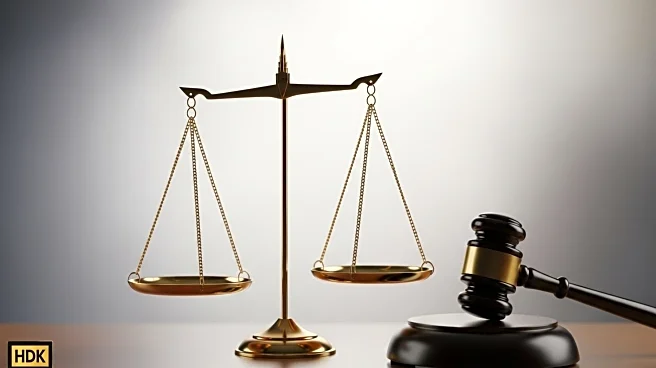What's Happening?
The Supreme Court has declined to hear an appeal from conservative activist Laura Loomer, who sought to sue social media companies for banning her from their platforms. Loomer, known for her controversial statements and conspiracy theories, was banned from Twitter in 2018 for 'hateful' conduct and from Facebook in 2019 as a 'dangerous individual.' Her Twitter account was later reinstated after Elon Musk acquired the platform, now called X, in 2022. Loomer alleged that Facebook and X conspired with advertisers to prevent her from using their sites during her congressional campaigns in 2020 and 2022, which she claims negatively impacted her campaigns. Her lawsuit was dismissed by a federal judge in California, and the 9th U.S. Circuit Court of Appeals upheld the dismissal, stating that Loomer failed to present a plausible argument under the Racketeer Influenced and Corrupt Organizations Act (RICO).
Why It's Important?
This decision underscores the challenges individuals face when attempting to hold social media companies accountable for content moderation decisions. The ruling highlights the legal protections these platforms have under current U.S. law, particularly regarding their ability to regulate content and users. The case also reflects ongoing debates about free speech and censorship on social media, especially concerning political figures and activists. The outcome may influence future legal strategies for those seeking to challenge social media bans and could impact how platforms enforce their policies against users deemed to promote hate or violence.
What's Next?
While the Supreme Court's decision marks the end of this particular legal battle for Loomer, it may not be the last attempt by public figures to challenge social media bans. The ruling could prompt lawmakers to consider legislative changes to address perceived biases in content moderation. Social media companies may continue to face scrutiny over their policies and practices, potentially leading to further legal challenges or regulatory actions. The decision may also encourage platforms to refine their moderation strategies to balance free expression with the need to prevent harmful content.









